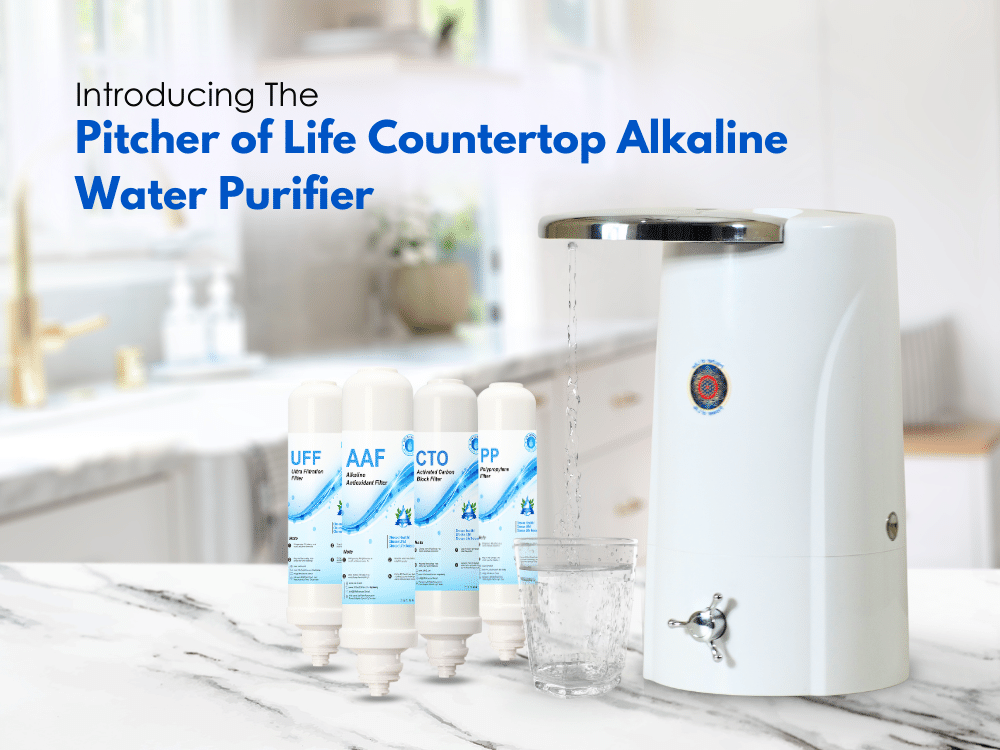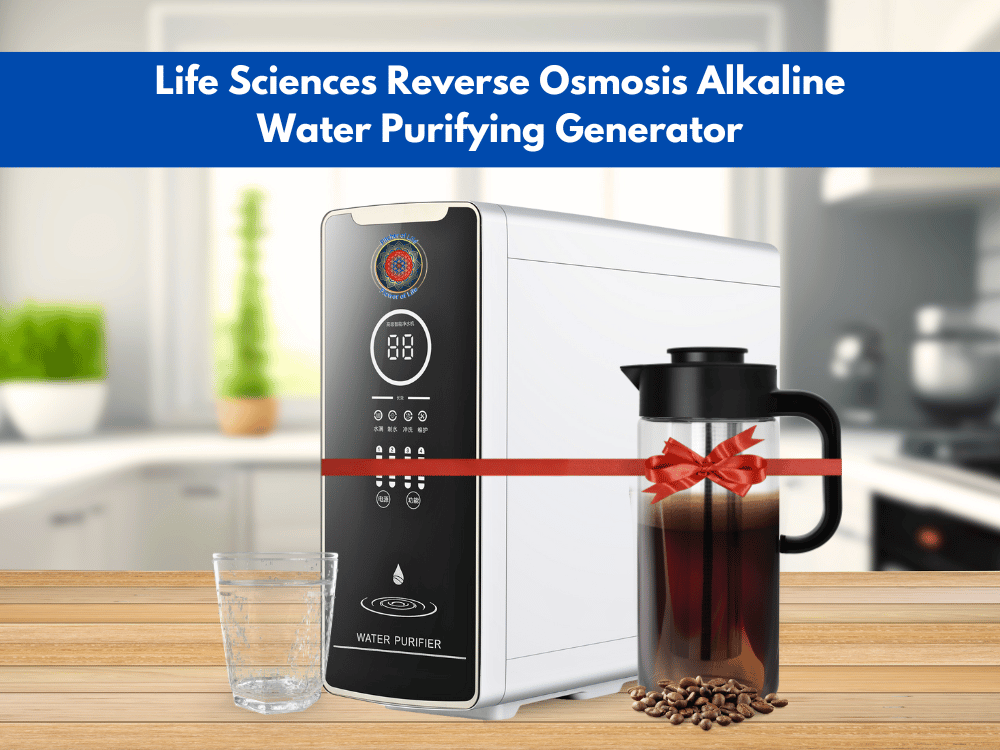Farm fertilizer runoff is an escalating concern that extends beyond environmental issues, posing significant public health risks. This problem is not confined to a specific region but affects agricultural areas globally, leading to widespread water contamination and health hazards.
What is Farm Fertilizer Runoff?
Farm fertilizer runoff occurs when excess nutrients, particularly nitrogen and phosphorus from fertilizers and manure, are washed from agricultural fields into nearby water bodies. This can happen through surface runoff or leaching into groundwater. The nutrients that contribute to this runoff are essential for crop growth but become pollutants when they enter water systems in high concentrations.
Local Impacts on Drinking Water

Nitrate Contamination
Nitrogen-based fertilizers decompose into nitrates, which are highly soluble and easily leach into groundwater. Nitrate contamination is a significant issue for wells and municipal water supplies, posing serious health risks.
- Health Risks: High levels of nitrates in drinking water can lead to methemoglobinemia or "blue baby syndrome," which affects infants and young children by reducing the blood's ability to carry oxygen. Other health problems linked to nitrate exposure include thyroid disorders, certain cancers, and developmental issues in children.
- Case Study: In rural Minnesota, Jeff Broberg's well tested at 22 parts per million of nitrates, more than double the EPA's safe limit of 10 parts per million. This example illustrates the direct impact of agricultural runoff on local water quality and public health.

Broader Health Concerns
Research indicates a correlation between elevated nitrate levels in drinking water and various health conditions. For example, studies in Nebraska have found a link between high nitrate concentrations and increased rates of pediatric cancer. Such findings underscore the critical need for addressing nitrate pollution.
Environmental and Economic Ramifications
Eutrophication
Excessive nutrients, particularly nitrogen and phosphorus, lead to eutrophication, which causes harmful algal blooms. These blooms deplete oxygen in water, creating "dead zones" where aquatic life cannot survive.
Algal Blooms: These toxic blooms can produce cyanotoxins, which are harmful to humans and animals. They can also clog water treatment systems, increasing costs and complicating the provision of safe drinking water.
Impact on Recreation and Tourism
Algal blooms and bacterial contamination from farm runoff can lead to the closure of beaches and recreational water bodies, severely impacting local tourism and economies dependent on clean water.
Addressing the Issue: Steps Towards Solutions
Improved Agricultural Practices
- Nutrient Management Plans: Implementing and adhering to nutrient management plans can significantly reduce fertilizer application, minimizing runoff.
- Buffer Strips: Planting vegetation along waterways can absorb excess nutrients before they reach water bodies.
Advanced Water Treatment Technologies
- Reverse Osmosis (RO) Systems: RO systems remove nitrates and other contaminants from drinking water, ensuring safer consumption.
- Activated Carbon Filters: These filters adsorb organic contaminants and improve drinking water taste and safety.
Life Sciences™ Alkaline Water Systems
Take advantage of the latest water purification solutions from Life Sciences™ designed to enhance your daily hydration. Whether you need a compact countertop unit or a high-end tankless system, our Alkaline Water Systems offer purity, alkalinity, and health benefits with each sip.

Countertop Alkaline Water Purifier
Introducing the Countertop Alkaline Water Purifier, an elegant and practical addition to any kitchen. This system includes:
- Ultra-Filtration Membrane and 4-Filter Design: Efficiently removes impurities, such as nitrogen compounds, providing your family with cleaner, safer water.
- NSF 42 and NSF 61 Certified Filters: Meets stringent standards for material safety and performance, ensuring confidence in your water quality.
- Alkaline, Antioxidant-Rich Mineral Water: Produces alkaline water with antioxidant properties, improving taste and offering health benefits.
- Compact All-in-One Design: Easy to install with a flexible faucet, maximizing space while delivering top-notch water purification.
Affordably priced at $197, our Countertop Alkaline Water Purifier is a dependable choice for daily hydration.

Reverse Osmosis Alkaline Water Purifying Generator
For those seeking the best in water purification technology, the Reverse Osmosis Alkaline Water Purifying Generator is the ideal solution. This premium system offers:
- Tankless Technology: Eliminates up to 98% of contaminants, including nitrogen compounds, ensuring pure, mineralized alkaline water.
- Five Specialized Filters: Removes chlorine byproducts, heavy metals, and adjusts pH levels to 8 or 9, enhancing alkalinity and health benefits.
- Bonus Borosilicate Glass Water Pitcher with Infuser: Featuring the "Flower of Life" sacred geometry symbol, which imparts positive energy to your drinking water.
- Lifetime Warranty: Demonstrates our commitment to quality and customer satisfaction.
At $597, this system is a valuable investment in your health, offering excellence and reliability. Discover more about the Reverse Osmosis Alkaline Water Purifying Generator and choose purity and health for a lifetime.
Commitment to Quality and Certification
Both our Countertop and Reverse Osmosis systems incorporate Activated Carbon Filters, Certified under NSF/ANSI 42 and NSF/ANSI 61 standards. These certifications confirm that our filters meet rigorous criteria for material safety, structural integrity, and contaminant reduction performance.
Opt for Life Sciences™ Alkaline Water Systems for a revolutionary water purification experience. Improve your health with every sip of pure, alkaline water, supported by our dedication to quality and innovation.
Conclusion
Farm fertilizer runoff is a multifaceted issue with far-reaching impacts on water quality, public health, and the environment. Addressing this challenge requires concerted effort from policymakers, agricultural stakeholders, and local communities. By implementing improved agricultural practices, advancing water treatment technologies, and fostering community engagement, we can mitigate the adverse effects of fertilizer runoff and ensure a sustainable future for our water resources.

